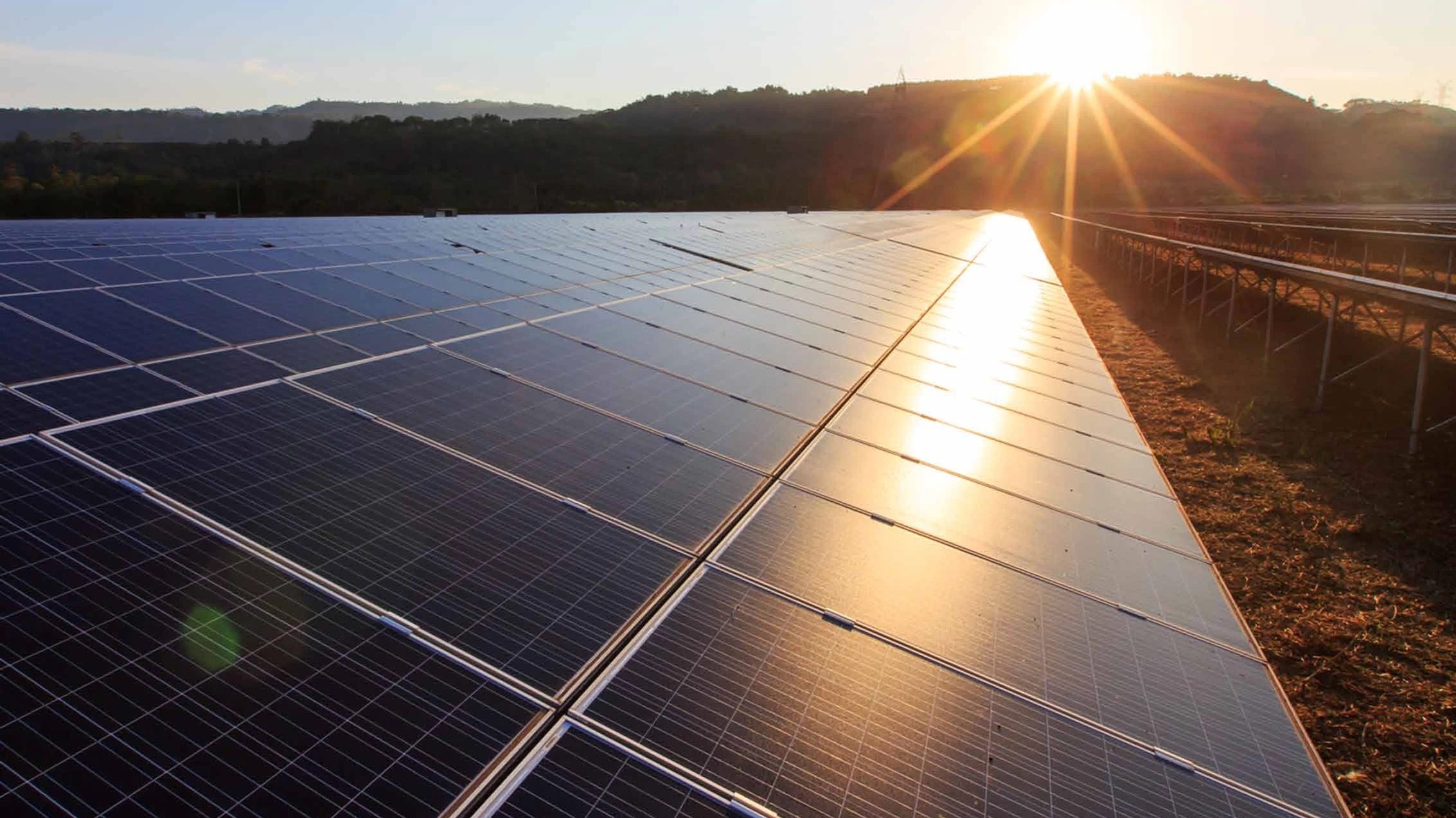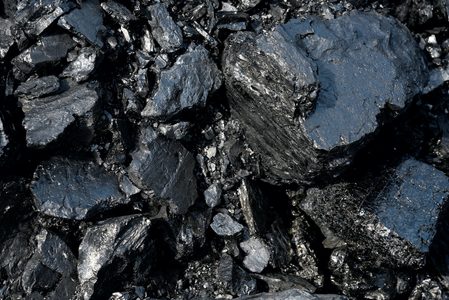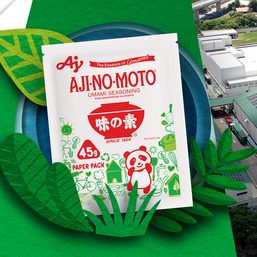SUMMARY
This is AI generated summarization, which may have errors. For context, always refer to the full article.

MANILA, Philippines – The Rizal Commercial Banking Corporation (RCBC) is sticking with its promise to cut all its loans to coal plants by 2031, and it’s planning to make up for that difference by shifting to sustainable projects.
“Our effort is pursuing renewable, sustainable loans,” RCBC’s chief risk officer, Juan Gabriel Tomas IV, told reporters on Tuesday, October 24. “[Our funding for coal is] not really that big. It’s about 5% of the total loan portfolio.”
By 2031, RCBC wants to make that figure zero.
“We were the first bank to declare we will no longer fund coal-fired power plants, and we aim to have zero participation in such projects by 2031,” RCBC President and Chief Executive Officer Eugene Acevedo said in a forum on Tuesday.
In December 2020, Acevedo announced that the Yuchengco-led bank will no longer fund any new coal energy projects. Back then, he noted that the transition would be hard, and that some loans to coal projects could linger on their balance sheet “for a while.” (READ: Philippine banks move at slow pace in defunding coal)
The latest report by the Withdraw from Coal: End Fossil Fuels coalition still ranks RCBC seventh in terms of extent in financing coal projects in the country. Currently, funding for coal power plants makes up around 5% of RCBC’s total loan portfolio.
That amount comes from what’s called an “energy transition” mechanism, which involves shutting down coal power plants early. In 2022, RCBC – along with the Ayala-led Bank of the Philippine Islands – loaned P13.7 billion to Ayala Corporation Energy (ACEN) to refinance an existing loan, with the intention of helping ACEN shut down its coal power plant by 2040.
“When we came out with the announcement in 2020 that we’re not funding any new coal, wala na tayong bagong projects na i-pupursue (we didn’t pursue any new projects). However, we do have existing projects already. Hindi naman pwede siyang iwanan (We can’t just leave them),” Tomas said, referring to the ACEN loan.
“Where we can transition, we do so. But where we cannot, we stick with them until we mature these assets out of our books,” he added.
Sustainability financing
Turning their back on funding dirty – but money-making – projects like coal power plants will leave a hole in the bank’s portfolio. RCBC plans to plug the gap, and even find future growth, by leaning into the renewable energy and sustainability space.
RCBC’s chief sustainability officer, Armi Lamberte, told Rappler that the bank’s “sustainable portfolio” makes up about 13% of their total loan portfolio. This is more than twice the size of RCBC’s exposure to coal projects, and it’s also bigger than the 10% share of sustainable lending in 2020.
So far, RCBC has been mostly funding green energy projects, such as wind and solar farms. In total, the bank said it has funded 3 gigawatts in renewable energy projects, including hydroelectric, geothermal, and offshore wind sources. For instance, in 2016, RCBC financed the Kirahon solar farm in Misamis Oriental, operated by Alternergy’s solar energy arm. In 2023, the bank financed another Alternergy project – its P1 billion solar farm in Hermosa, Bataan.
And it doesn’t have to be just limited to energy either. Their other clients in sustainable financing also include hospitals, schools, and businesses actively promoting recycling. RCBC is also open to funding projects in electric vehicles and even agriculture – like placing a shrimp farm under solar panels.
RCBC also sees more growth coming from sustainable loans with small and medium enterprises (SME). SMEs, the bank said, will have to embrace sustainability principles if they want to continue working with larger corporations that are starting to require everybody in their ecosystem to be sustainable as well.
“It is very important that SMEs are able to adapt for them to continue to thrive and continue to do business with the big corporations and the multinationals,” RCBC’s corporate banking group head, Elizabeth Coronel, said on Tuesday.
Since 2019, RCBC has issued $1.4 billion worth of sustainable financing instruments, which include its green peso time deposit. – Rappler.com
Add a comment
How does this make you feel?










There are no comments yet. Add your comment to start the conversation.